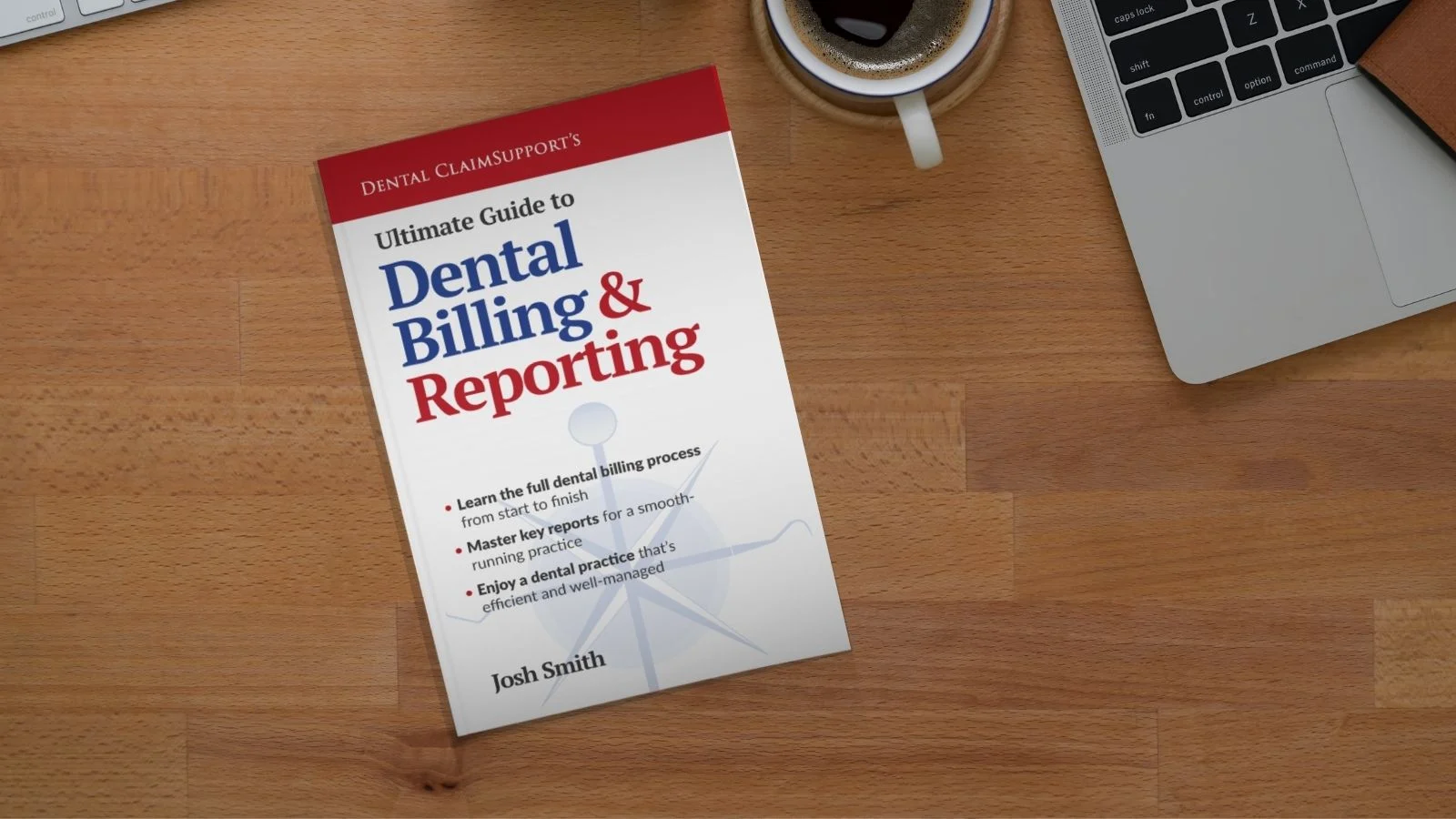A Comprehensive Guide to Master Dental Billing
Dental Billing Process

Dental billing is crucial in the healthcare system, ensuring dental practices are financially sustainable while providing quality patient care. In India, where healthcare costs are a significant concern for providers and patients, efficient dental billing is important. It directly impacts the financial health of dental practices, influences patient satisfaction, and contributes to the overall effectiveness of the healthcare system. Effective billing practices help dental professionals receive fair compensation for their services and prevent financial losses due to improper coding or billing errors.
Dental Billing Process
Mastering the dental billing process is essential for ensuring the financial health of your dental practice. This process involves several key stages, each critical to managing patient accounts and receiving timely payments from insurance companies. Let’s explore each step in detail:
- Gathering Patient Information
Collecting comprehensive data, including personal information, contact details, insurance information, and a detailed medical and dental history, is vital during the initial patient registration.
- Insurance Details
Ensure you collect accurate insurance details, such as the provider’s name, policy number, and group number.
- Comprehensive Examination
Conduct a thorough dental examination to assess the patient’s oral health. Develop a treatment plan outlining the necessary procedures and estimated costs based on this evaluation.
- Documentation
Properly document the treatment plan, noting the CDT codes, treatment descriptions, and expected outcomes. This documentation serves as the basis for creating insurance claims.
- Verify Insurance Coverage
Verify the patient’s insurance coverage before proceeding with treatment. Contact the insurance company to confirm the patient’s eligibility and coverage for specific procedures.
- Pre-Authorization
Consider seeking pre-authorization from the insurance provider for major dental procedures. This ensures the treatment plan is covered, reducing the risk of claim denials.
- Claim Submission
Ensure accuracy in documentation to prevent claim rejections. Submit the claims to the insurance company through the appropriate channels, including electronic submission or paper forms, by partnering with a dental billing company. It can help you ensure the accuracy of your documentation, making it a valuable choice to consider.
- Claim Preparation
Create insurance claims by using the documented treatment plan. Include all necessary information, such as patient details, provider information, and the breakdown of charges for each procedure.
- Claim Denials
In case of claim denials, carefully review the reason for denial provided by the insurance company.
- Appeals
If a claim is denied, file an appeal with the insurance company, providing additional information or clarifications. Timely and accurate appeals can lead to a successful resolution.
- Adjustments
Some claims may require adjustments, such as write-offs or corrections. Ensure that these adjustments are accurately reflected in your records.
- Billing Patients
Generate patient statements detailing their financial responsibilities after processing the insurance payment and adjustments. Communicate these to patients and provide convenient payment options.
- Collections
Implement a systematic approach to collecting outstanding payments from patients. This may involve sending reminders, setting up payment plans, or employing collection agencies when necessary.
- Financial Counseling
Offer financial counseling to patients who may face difficulty settling their bills. Discuss available options and assistance programs, if applicable.
Tips for Dental Billing Staff

Dental billing staff are critical to a dental practice’s financial success and overall operations. They need to have the knowledge, skills, and interpersonal qualities to navigate the complexities of the healthcare system and interact effectively with patients. Dental practitioners and hospitals looking to enhance their billing processes, can outsource medical billing services. Here are some detailed tips for dental billing staff:
- Dental billing staff should receive regular training and education to stay up-to-date with the latest regulatory requirements.
- Ensure your staff is well-versed in dental practice management software. Proficiency with such tools can streamline the billing process and reduce errors.
- When discussing treatment plans and costs with patients, maintain transparency. Educate patients about the importance of maintaining their dental health.
- Understand that patients may have concerns about the costs of dental care. Show empathy and compassion when addressing their financial worries.
- Ensure your staff can communicate effectively with patients from different languages or dialects.
- Develop a daily or weekly task list to ensure billing staff can prioritize their workload effectively.
- Implement efficient workflows for processing claims, verifying insurance, and managing denials.
- Stress the importance of maintaining accurate and consistent documentation throughout the billing process. This documentation can be invaluable in case of audits or disputes.
- Periodically reconcile your financial records to ensure accuracy.
Conclusion
As the healthcare landscape evolves, staying up-to-date with industry trends and regulations is essential. You can ensure your dental practice’s long-term success and sustainability by continually honing your dental billing skills and striving for excellence. With a strong foundation in dental billing, you can contribute to the well-being of your patients while thriving in a dynamic healthcare environment.
Read more :




